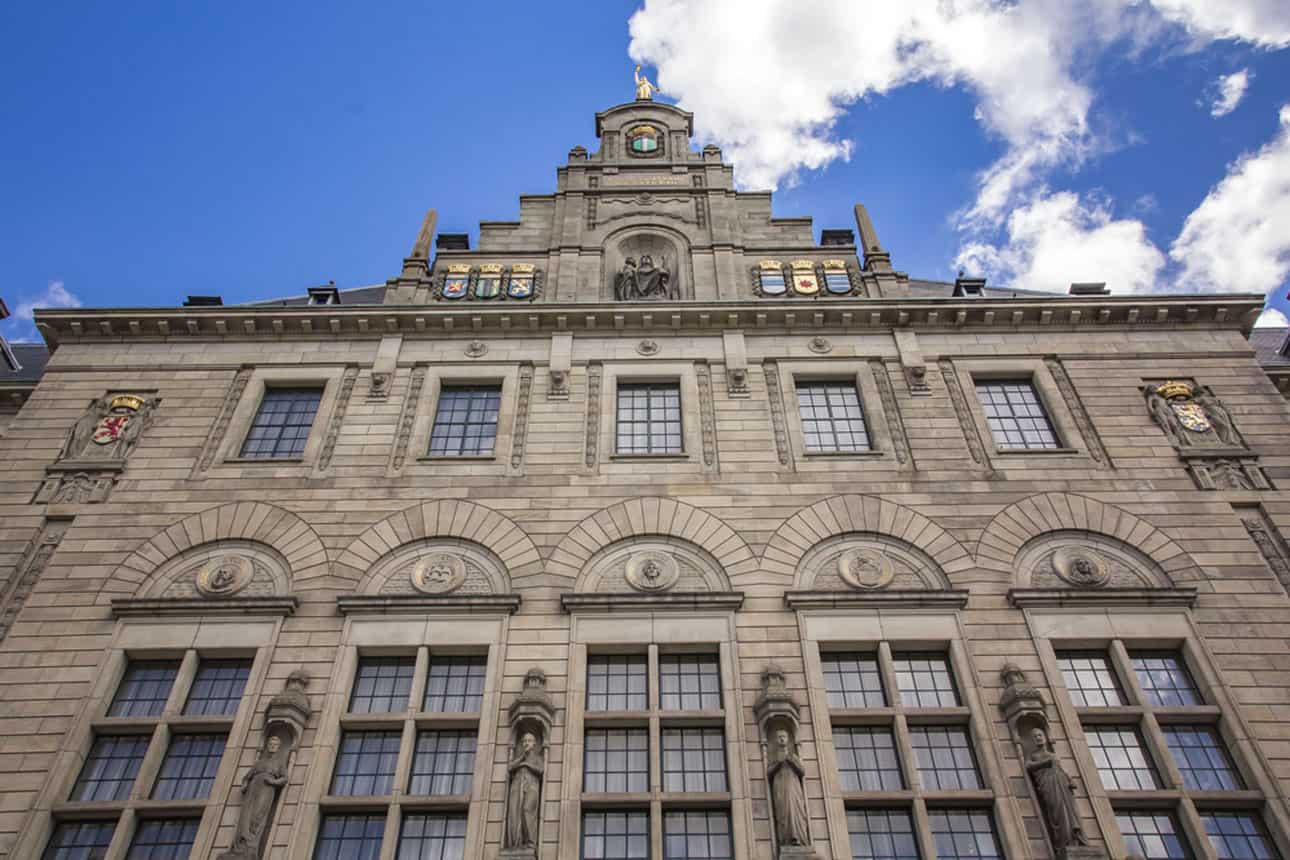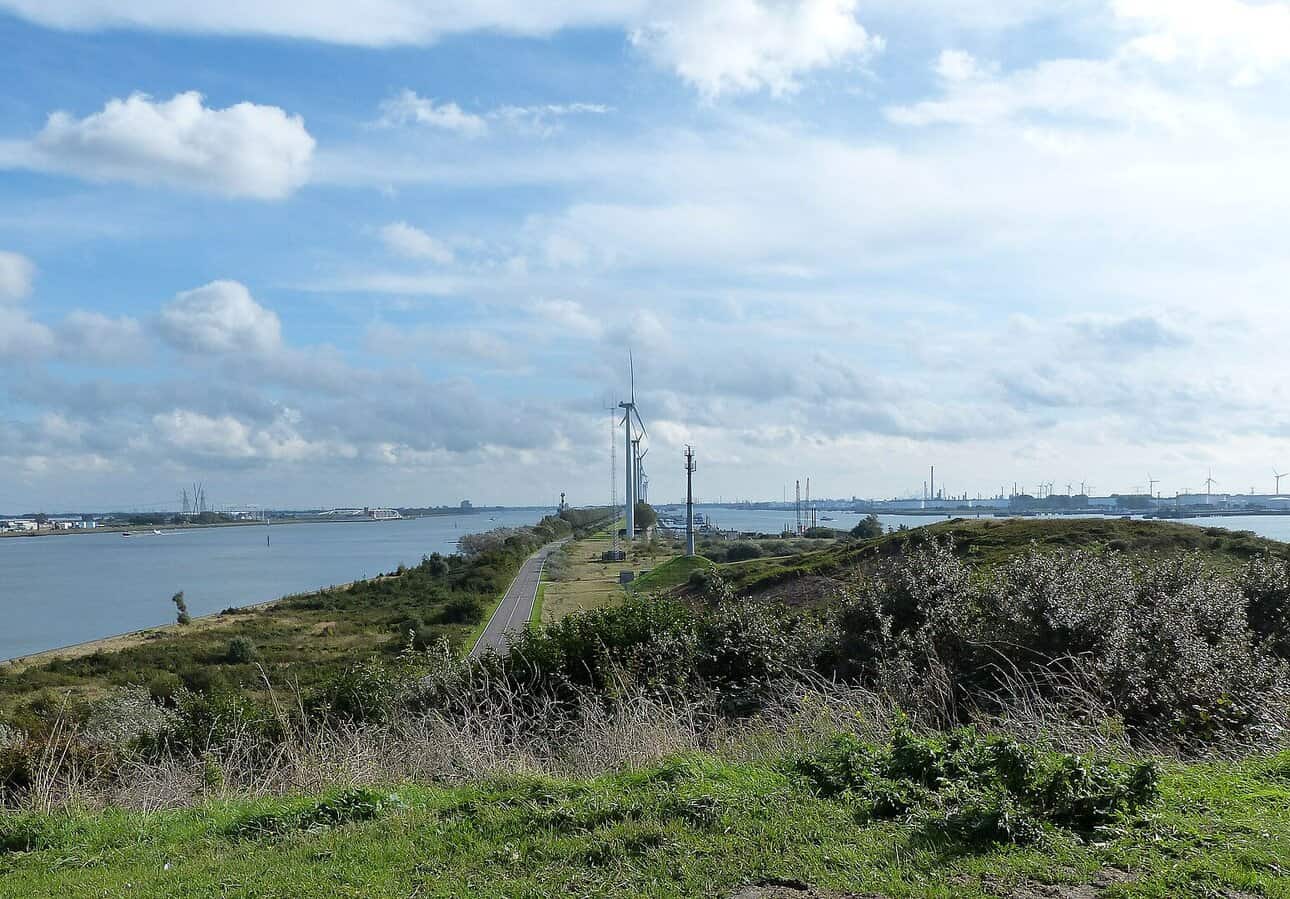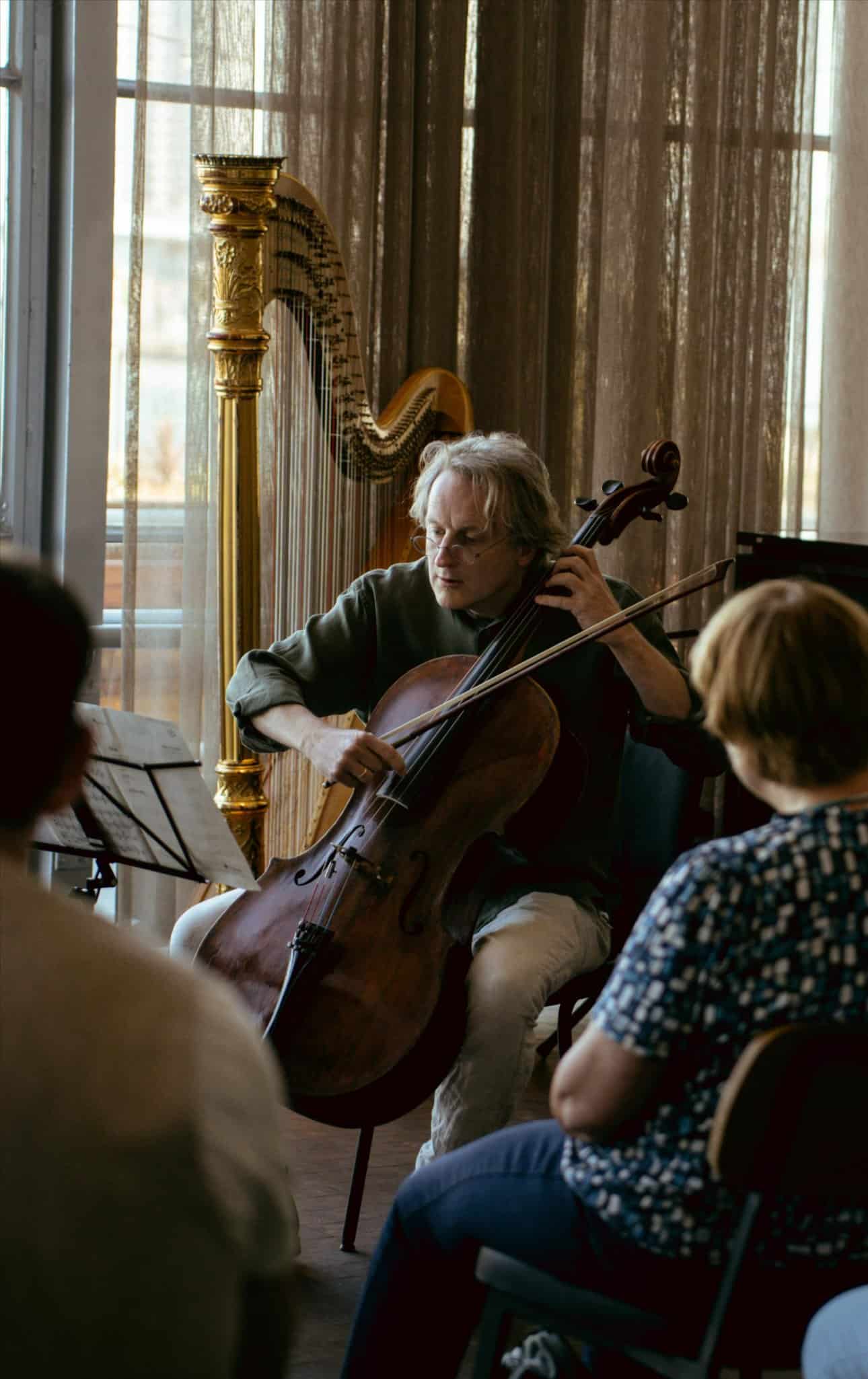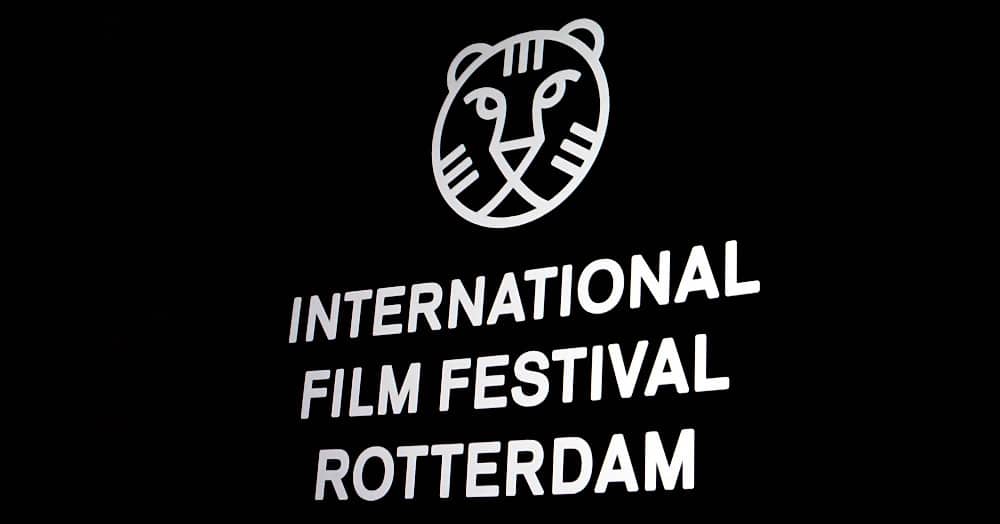ROTTERDAM, 19 June 2025 – A revised municipal fund is now available to support local entrepreneurs and boost liveability across Rotterdam neighbourhoods. The SOFIE fund targets business space development and housing initiatives where regular financing falls short.
SOFIE fund relaunched to support local property projects
The municipality of Rotterdam has relaunched its SOFIE fund to support entrepreneurs seeking to invest in property within the city limits. This revised funding scheme focuses on business premises and affordable workspaces, particularly for so-called “impact entrepreneurs” aiming to contribute positively to neighbourhoods.
An additional €7.1 million has been allocated to the SOFIE fund as part of the municipality’s Actieplan Bedrijfsruimte (Business Space Action Plan). The fund does not function as a subsidy, but instead offers tailored financing solutions in situations where bank financing is insufficient, unavailable or delayed.
Strengthening neighbourhoods through business and housing
The fund also supports projects that contribute to residential and urban improvement. Special attention is given to areas in urgent need of a more diverse and future-proof housing stock, such as Schiebroek-Zuid, Ommoord and Zevenkamp.
Alderman Robert Simons, responsible for Economy and Real Estate, stated: “With the renewed SOFIE fund, we are giving both entrepreneurs and neighbourhoods an extra push. Entrepreneurs with strong plans that contribute to employment, liveable communities, and affordable work or living space deserve the opportunity to realise those plans. This is how we build a future-proof Rotterdam where living and working are in balance.”
Financing options for entrepreneurs and impact investors
SOFIE offers financial instruments such as loans, capital investments, or guarantees. These are intended to enable independent project development by entrepreneurs or investors, with the goal of creating societal value for the city. The fund complements existing municipal schemes, including the Fonds Vitale Kerngebieden (Vital Core Areas Fund) and the Subsidieregeling Bedrijfsruimte Maakindustrie (Subsidy Scheme for Industrial Business Space).
More details on application conditions and eligibility can be found at www.sofierotterdam.eu.










